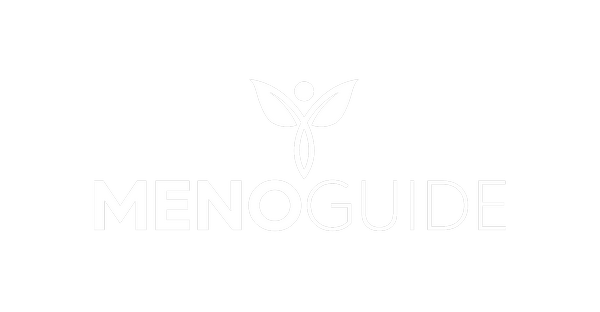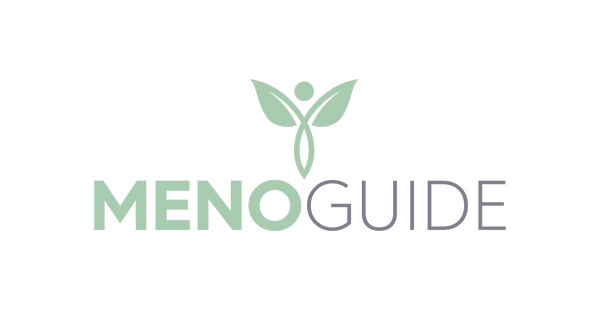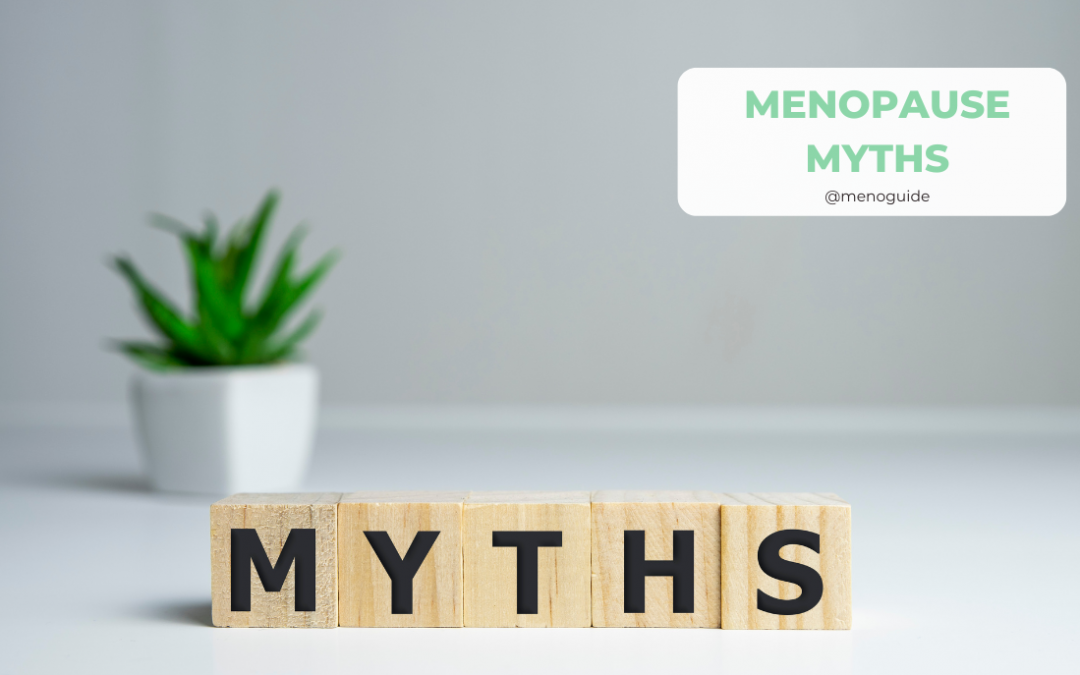Reading Duration: 6 minutes
Menopause is a phase of life that many women are familiar with, whether they’ve experienced it themselves or supported a friend or family member going through it. Unfortunately, menopause is often surrounded by misconceptions, leaving women feeling unprepared and uncertain about what to expect. In this article, we will try to expose common menopause myths and empower women to take control of this transformative period.
Learn more about menopause diagnosis and treatment here.
Myth 1: Menopause Equals Hot Flushes
One of the most prevalent myths about menopause is that it’s all about hot flushes. While approximately 3 in 4 women will experience hot flushes, it’s vital to understand that menopause symptoms vary greatly from one woman to another. In fact, people from different ethnic backgrounds may experience menopause differently, and the age of onset can also vary significantly.
In addition to hot flushes and night sweats, menopausal symptoms can encompass:
- Headaches
- Muscle aches and joint pain
- Mood changes
- Weight gain
- Fatigue
- Reduced sex drive
The duration and frequency of hot flushes also differ, making them challenging to cope with. However, some women may find herbal remedies helpful, although they may interact with certain medications. It’s important to consult with your GP or a healthcare professional before trying any herbal remedies, as their safety and efficacy can vary widely.
Myth 2: Menopause Strikes at Age 50
Contrary to popular belief, the onset of menopause at age 50 is not a universal truth. In the UK, menopause is officially recognised when a woman has had no periods for 12 consecutive months. This transition can occur anywhere between the ages of 45 and 55. Some women may even experience early menopause before the age of 42. Learn more about perimenopause phase and the average age of of menopause in UK (51 years of age) here by NHS.
Menopause transition is a highly individual experience
Myth 3: Menopause Spells the End of Normal Life
Menopause can certainly be a challenging time; however, it is also an opportunity to reset, prioritize yourself, and thrive into your next phase of life. While it’s true that fluctuating and declining hormones, coupled with the demands of daily life, can lead to significant symptoms, empowerment through information and knowledge of strategies to navigate this phase can make a difference.
There are various treatment options available, including lifestyle adjustments, hormonal and non-hormonal medications, as well as alternative therapies. Every woman’s journey through menopause is unique, but the key message is that there are solutions, so seeking medical support if needed is essential.
Support is also readily available through friends, family, or online and workplace support groups. It’s important to note that significant symptoms are usually temporary, with most women experiencing relief within 3-5 years, and 1 in 4 women may even have no symptoms at all. For those with persistent symptoms, ongoing treatment options are available.
Many women find themselves feeling well and better post-menopause, no longer having to endure cyclical changes and periods, which can be liberating and empowering.
Myth 4: Menopause Symptoms Are Just Physical
Another common misconception is that menopause symptoms are solely physical. In reality, the hormonal fluctuations during this time can give rise to a range of emotional challenges alongside physical symptoms.
Mood swings, anxiety, stress, low mood, and difficulties concentrating are frequently experienced. The infamous “brain fog” is a cognitive symptom associated with menopause, leading to forgetfulness and decreased focus.
Cognitive behavioural therapy (CBT) can be a valuable tool in managing these symptoms, along with addressing hot flushes and sleep disturbances. Non-HRT-based medications and alternative therapies can also be considered, particularly for women who cannot use hormone replacement therapy (HRT).
The abundance of information on menopause can be overwhelming, and it’s often challenging to distinguish what’s accurate. Seeking support is a powerful step in gaining control of this phase in your life and understanding the changes your body and mind are undergoing.
For more insights into perimenopause, read our article.
Conclusion: Taking Charge of Your Menopause Journey
Menopause is a transformative period that deserves to be understood and embraced, not feared. By dispelling these myths, women can take control of their menopause journey, tailor their approach to their unique needs, and emerge from this phase stronger and wiser.
Every woman is unique, and as such, no two menopause journeys are identical, with individual experiences, symptoms, and treatment needs shaping each woman’s path through this transformative phase of life.
Reviewed by: Dr. Helen Kini, NHS GP from Flourish for Life
Still have more question? Get in touch !
References:
- Hot Flushes in Menopause – UK Health Centre
- Menopause – NHS
- Treatment – NHS


